Some 3.5 million chickens, turkeys, and ducks have had to be destroyed because of bird flu outbreaks in the last 30 days. The H5N1 virus, or bird flu, has struck 66 poultry flocks, leading to the deaths of more than 3.5 million birds, a steep increase compared to the summer months. The virus can spread easily when infected wild birds mix with commercial or backyard flocks. States in the middle of the country are hardest hit, but scientists expect more outbreaks in other parts of the country, given bird migratory patterns.
According to Dr. Anthony Fauci, Director of the National Institute of Allergy and Infectious Diseases, "The bird flu situation is a serious concern, not only for the poultry industry but also for public health. The virus has the potential to spread to humans, and we must take it seriously." Dr. Fauci emphasized the importance of monitoring the situation closely and taking necessary precautions to prevent the spread of the virus.
The bird flu outbreaks have significant economic implications, particularly for the poultry industry. "The loss of 3.5 million birds in a single month is a devastating blow to the industry," said a spokesperson for the National Chicken Council. "We urge the federal government to take immediate action to support the industry and prevent further outbreaks."
The bird flu is not a new phenomenon, but its recent surge has raised concerns globally. The virus has been detected in several countries, including the United States, China, and Europe. According to the World Health Organization (WHO), the bird flu has the potential to spread to humans, particularly in areas where there is close contact between humans and infected birds.
In the United States, the Centers for Disease Control and Prevention (CDC) has reported 69 human cases of bird flu, including one death, since the virus was first detected in 2022. The CDC has warned that the risk of human infection is low, but the agency is taking precautions to monitor the situation closely.
As the bird flu situation continues to unfold, scientists and public health officials are urging caution and vigilance. "We must be prepared for the worst-case scenario," said Dr. Fauci. "The bird flu is a serious threat, and we must take it seriously."
The current status of the bird flu situation is that outbreaks continue to occur in several states, with the hardest-hit areas being in the middle of the country. The federal government has scaled back its response to the outbreaks, citing a lack of resources and a shift in priorities. However, public health officials and scientists are urging the government to take a more proactive approach to addressing the situation.
Next developments in the bird flu situation are expected to include further outbreaks and increased monitoring by public health officials. The CDC and the WHO are working closely together to track the spread of the virus and provide guidance to governments and the public. As the situation continues to unfold, it is clear that the bird flu is a serious threat that requires a coordinated and proactive response.
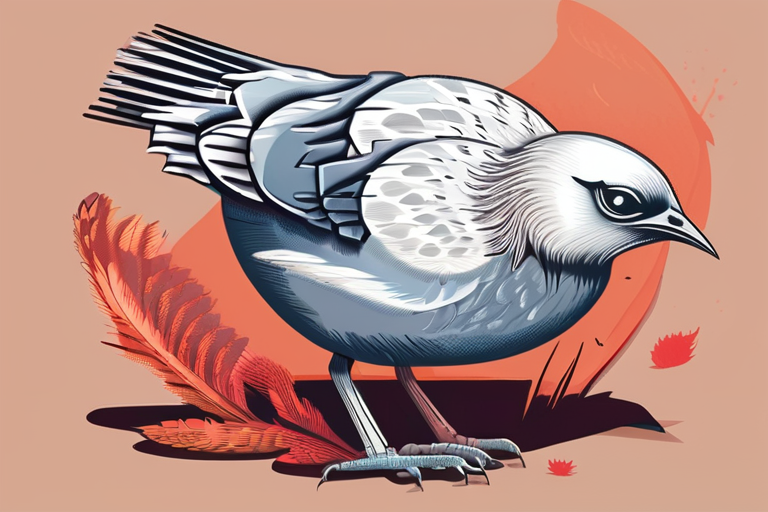

















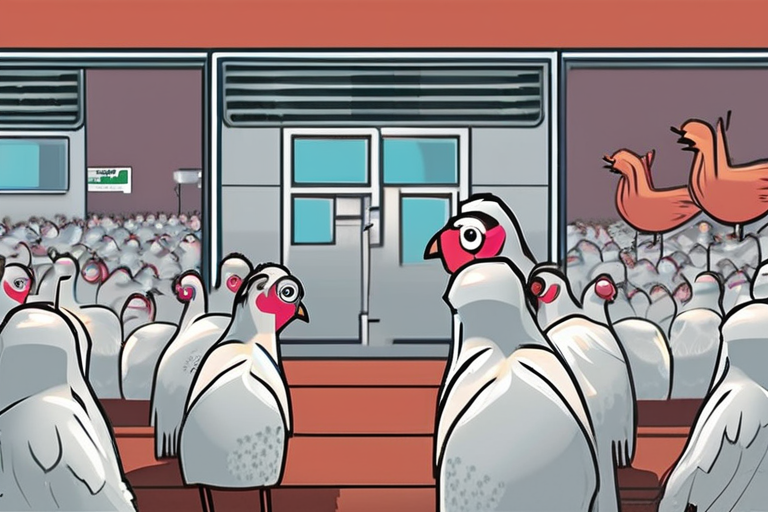




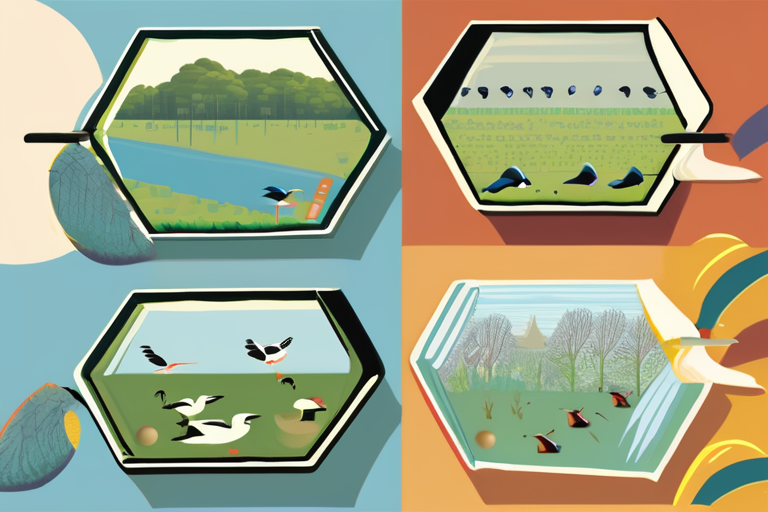
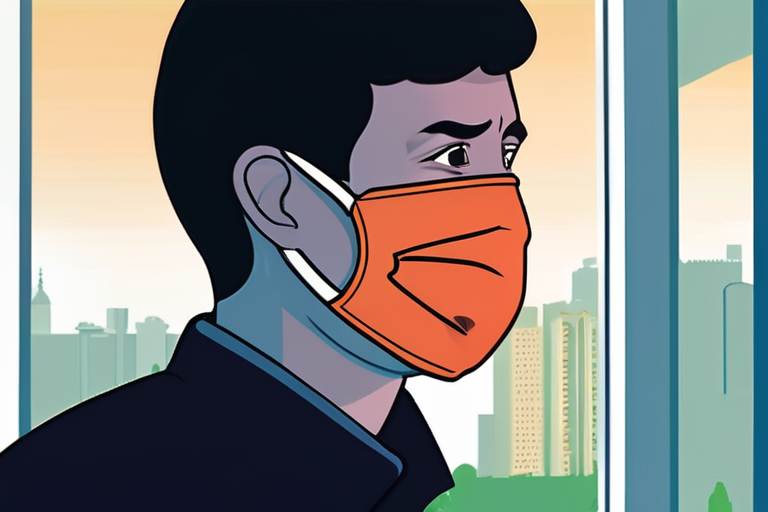

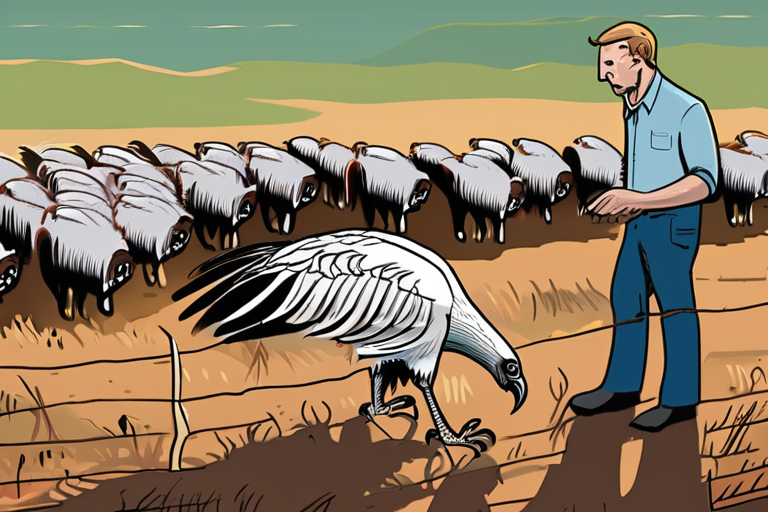
Share & Engage Share
Share this article